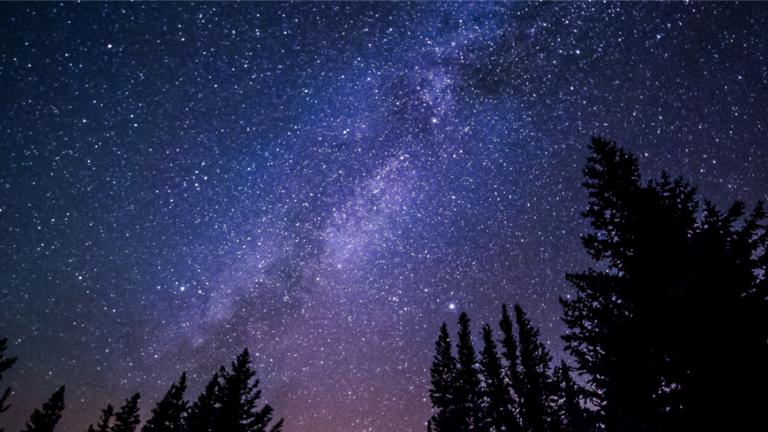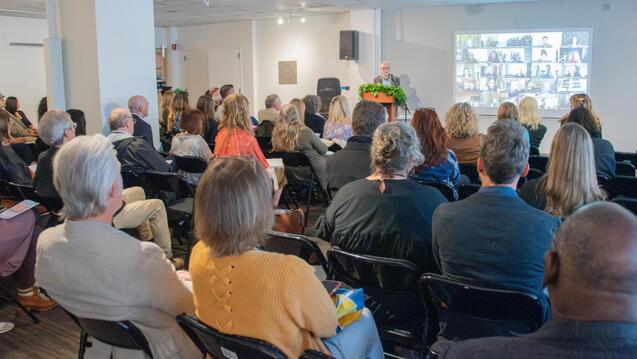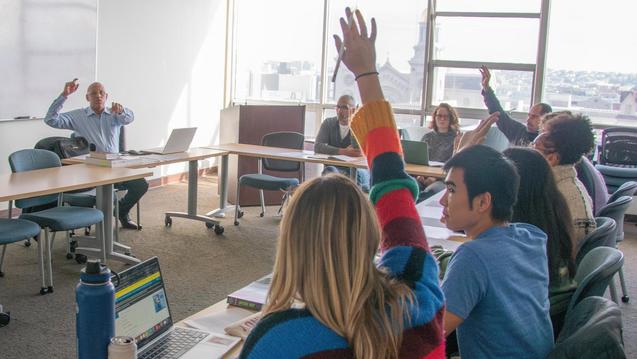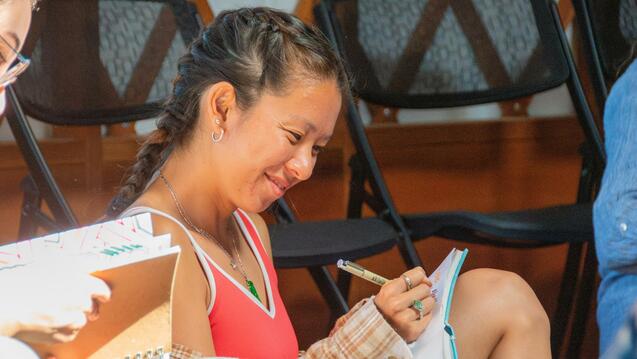Over 370 participants gathered at CIIS to honor Jung’s 150th birthday in a transformative exploration of psyche, purpose, and collective healing.

Religion & Ecology Summit Sounds Urgent Call to Fight Power, Protect Earth
The Religion & Ecology Summit featured leaders in the ecological, religious, and justice fields to bridge the divide between religion and the environment
A powerful gathering of people devoted to resisting authoritarianism and encouraging environmental activism took place in CIIS' Namaste Hall this March, during the second annual Religion & Ecology Summit.
This year's well-attended, day-long conference, which attracted scholars, students, and activists from universities around the Bay Area, featured distinguished leaders in the ecological, religious, and justice fields, bringing together scholars and practitioners to bridge the divide between religion and the environment.
In this tumultuous time for our planet, the summit focused on a call to action and empowerment to help save our hallowed land from destruction. In fact, many of the participants attended an environmental march in San Francisco immediately after the conference, in keeping with this call.
Bridging Science and Religion
"Never before has this work across disciplines and faith traditions felt more urgent or timely," said Dr. Elizabeth Allison, Chair of CIIS' Ecology, Spirituality, and Religion graduate program, in her opening remarks. "Your presence here today is a powerful act of resistance against a regime that would divide and poison us. Instead, we come together, in unity and solidarity, recognizing our shared commitment to the future of a habitable and flourishing planet."
Skillfully combining the fields of science and religion within a strong framework of activism and social justice, CIIS is at the forefront of an academic network that strives to save our sacred environment from the corporate, political, and economic powers that would destroy the matrix of life.
The refrain "what do we do?" was asked and answered throughout the conference. Keynote speaker Mary Evelyn Tucker, co-director of the Forum on Religion and Ecology at Yale University, encapsulated the active goal of the conference saying, "ecology, justice and peace: that's the movement we have to put together."
Less-privileged people tend to experience more of the negative effects of environmental upheavals like climate change, while people of privilege are more able to insulate themselves from the negative effects of climate change and habitat degradation, yet are often implicated in the forces creating them. Ethicist Dr. Cynthia Moe-Lobeda called the "question of who creates climate change in relation to who suffers from it the greatest moral issue of our time."
The focus on action remained prominent throughout the day. In an afternoon panel, Reverend Steve Blackner, founder of Church of the Woods, urged the audience to "develop a network of practitioners" where we can come to understand "the land itself as the bearer of the sacred."
Related Academic Programs
Related News
Your roadmap to becoming a licensed clinical psychologist through CIIS' integral, holistic approach to doctoral training and professional practice.
Discover your fit among CIIS' five counseling psychology concentrations, each offering a unique path to becoming a transformative healer.



